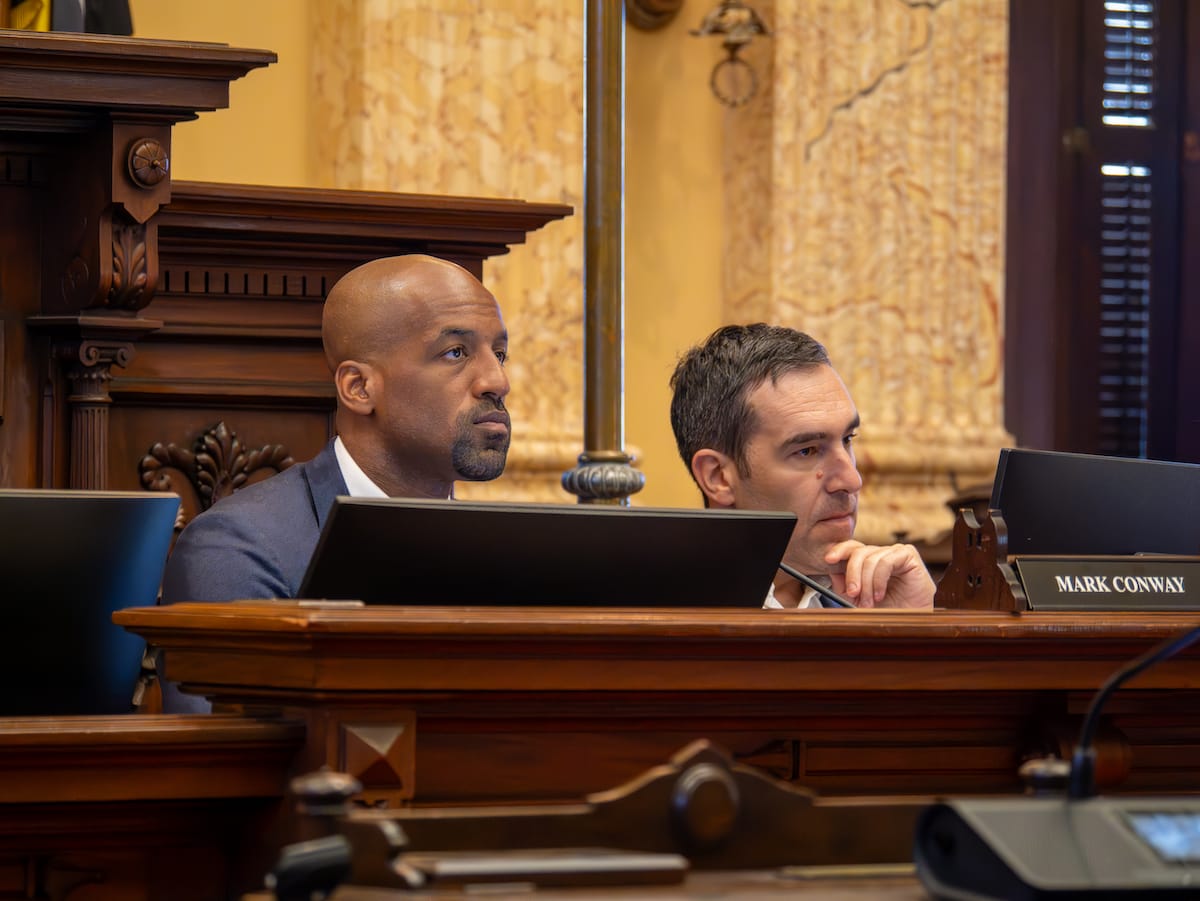
When Councilman Mark Conway first pushed for the Baltimore City Council to hold public hearings on the city's unprecedented overdose crisis last year, it seemed like a venerable cause.
At the time, Mayor Brandon Scott's administration had largely refrained from talking about the public health catastrophe as people continued to die, citing ongoing litigation against opioid manufacturers and distributors. On two occasions, it successfully pressured council members to cancel hearings, prompting harm reductionists to protest outside City Hall. As a public spat between the mayor and councilman unfolded, however, it turned out they had more in common than they thought: They both proclaimed to recognize the importance of harm reduction and compassionate care for drug users, but they also wanted the police to continue cracking down.
Conway, chair of the Public Safety Committee, had made an inherently flawed response to the overdose crisis a priority — and he used it to propel his bid for U.S. Congress.
“In recent days, we’ve watched this community reel again from another mass overdose, and like so many times before, the cycle repeats. Reporters come, officials arrive, promises are made, and then we move until it happens again,” Conway said during a press conference on Wednesday.
“I refuse to accept that this is normal because I cannot look at what is happening in our city and pretend that it’s unavoidable or inevitable.”
Conway announced his challenge to U.S. Rep. Kweisi Mfume in Baltimore's Penn North neighborhood, which is not part of his city council district. The area has received significant attention in recent months, as dozens of people have been hospitalized in mass overdose events, the first and largest of which occurred in July.
Last week, 11 people overdosed. Data from the Maryland Department of Health shows that the area has been one of the hardest hit by the crisis, and Conway's announcement appeared to be a conscious effort to leverage that suffering for political gain.
In a statement posted to X, Councilman James Torrence, who represents the area, condemned his colleague's actions.
"Addiction is a disease, not a moral failing. Persons affected by these tragedies deserve compassion, care and dignity, not exploitation," Torrence said. "As public servants, our duty is to lead with integrity and to heal, not to use pain for political gain."
Conway's stances on drug policy are a perfect encapsulation of how the city has failed to separate heavy-handed policing from an evidence-based public health response.
The councilman has pushed for expanded access to buprenorphine and has spoken about the systemic inequalities that contribute to drug use and overdose deaths. He's also acknowledged that the city can't police its way out of the crisis.
In the same breath, however, he's called for crackdowns that are antithetical to the principles of harm reduction. Conway has repeatedly demanded that the Baltimore Police Department work harder to address "open-air drug markets," which has become a dog whistle for drug-war policing in Baltimore.
"The people living and working around the open-air drug market in Penn North told me they felt unheard and unattended to," Conway said in response to Torrence on X.
"They told us stories about living in sewage in public housing, about the absence of medicine for seniors as the CVS shuts down, about the small businesses that are struggling because customers don't feel safe coming there. We cannot hide from the crisis when this is where the cost of inaction is felt most keenly."
For those who watched Conway's antics leading up to this week, his bid for Congress is no surprise. After the back-and-forth with the mayor, the councilman commandeered public hearings once they were finally scheduled, grilling the police and public health officials alike. The grandstanding was a clear indication that he may have higher aspirations.
Most recently, Conway took the spotlight at a hearing billed as a discussion of "public health-centered solutions" to the overdose crisis in September, where Police Commissioner Richard Worley emphasized the need to target people who use drugs, using them as pawns to get to dealers and suppliers.
Harm reductionists and public health experts have rightfully pointed out that such enforcement tactics can be deadly, thrusting some into the disastrous criminal justice system while pushing others to riskier sources.
Despite this, Conway didn't blink an eye at Worley's reprehensible statement. Instead, he called the police department's actions "insufficient" and demanded a more "comprehensive" plan.
No matter how comprehensive a plan is, however, it's destined for failure if Baltimore's corrupt cops are involved in drug policy.
Like many politicians in Baltimore, the councilman has attempted to have it both ways. He claims to recognize the need for the city to offer holistic services to those who use drugs, but he's also made it clear that the police must have their cuffs ready.
The overdose crisis has touched all walks of life, and the councilman is likely coming from a place of genuine concern. But using widespread suffering as a launch pad to Congress is unacceptable, and it deserves condemnation.
Drug users are not political fodder. They are human beings who deserve the right to autonomy, health and love. They should be fought for — not used like pawns in a sick game.

Last week's newsletter: "Baltimore is watching the consequences of prohibition unfold before its eyes"
Earlier this week, a panel of drug policy reform advocates met on the lower floor of a radical coffee shop and bookstore to issue a stark warning: Prohibition is killing our neighbors, and decriminalizing or legalizing drugs may be the best way to save lives.
The cautionary words from panelists at an event hosted by the National Coalition for Drug Legalization on Tuesday proved prescient. Less than 24 hours after the discussion at Red Emma's, 11 individuals in Penn North overdosed, seven of whom were hospitalized. Like the spate of overdoses that hospitalized nearly 30 people in the same neighborhood in July, no one died. Yet, as cops launched another investigation in hopes of a drug bust, the event served as another example of the dangers posed by an unregulated, ever-changing drug supply.
Read the full newsletter here.
Mobtown Redux's Overdose Data has been updated with the latest local, state and national data
Baltimore's overdose death toll in 2024 remained at 778 this month — this is preliminary data that's subject to change as causes of death are determined. That marks a 25.4% decrease from the year prior.
In the 12-month period ending in August, Baltimore saw 559 deaths, a death rate of 95.4 per 100,000 people. Statewide, there were 1,338 deaths, a death rate of 21.7 per 100,000 people.
The data indicates that fatal overdoses continue to trend downward after years of climbing, though poor Black neighborhoods in West Baltimore continue to suffer the most.
Check out Mobtown Redux's Overdose Data Dashboard here.
Click here to learn more about harm reduction resources in the Baltimore area.
Native News Online: "Needle Exchange Programs Reach Only 21 of 575 Tribes Despite High Overdose Rates"
Despite Indian Country bearing some of the highest fatality rates of the overdose crisis, there is a woefully insufficient number of programs that provide clean needles in Indian Country to reduce death and the spread of disease.
That's according to a report published in the Harm Reduction Journal that examined the state of tribally-run syringe service programs (SSPs), which provide sterile injection supplies for intravenous drug users. SSPs, sometimes referred to as needle exchanges, are an evidence-based public health measure that has been proven to reduce death and infectious disease. Across Indian Country’s 575 federally recognized tribes, there are 21 tribally run SSPs.
Click here to read the full article.





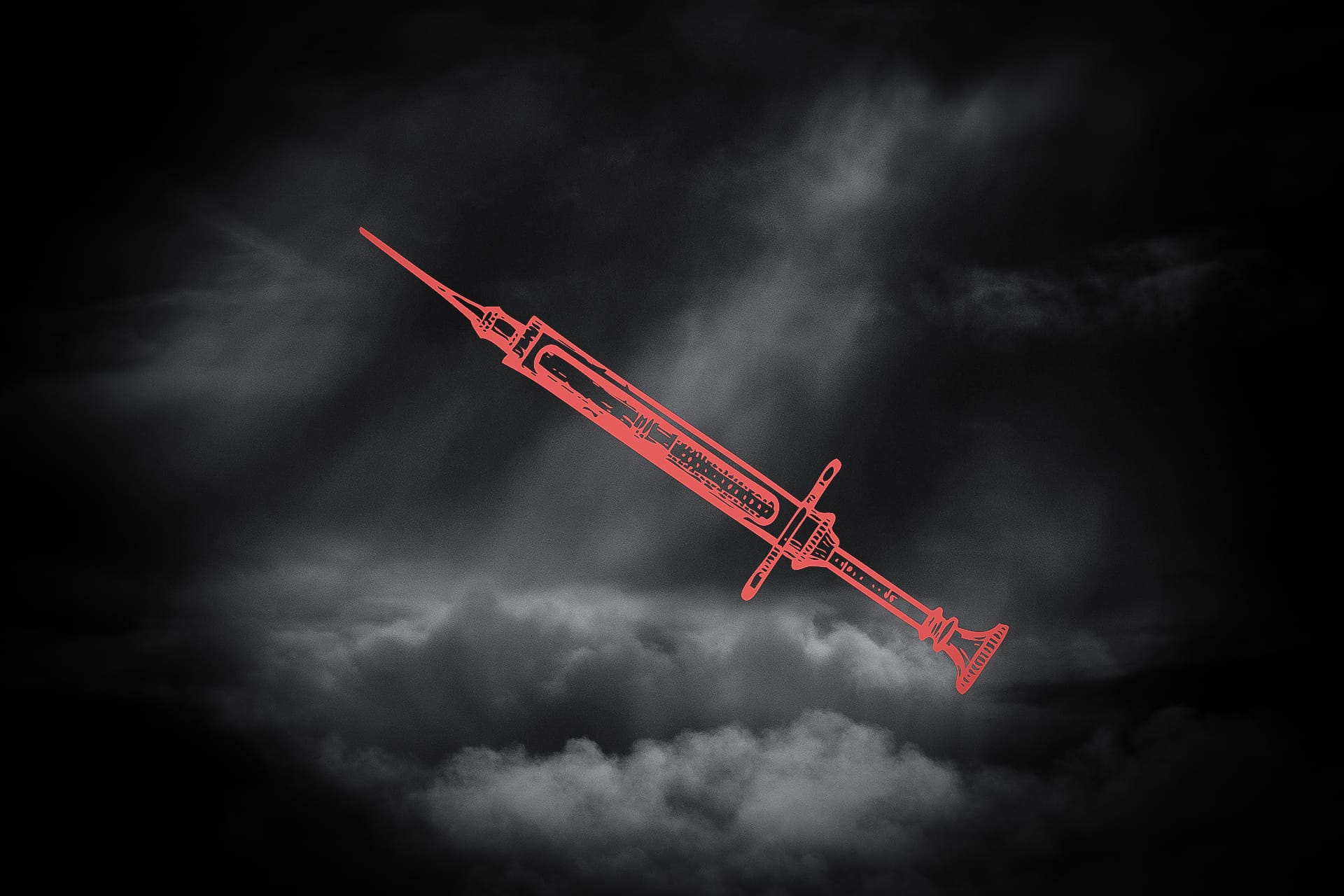
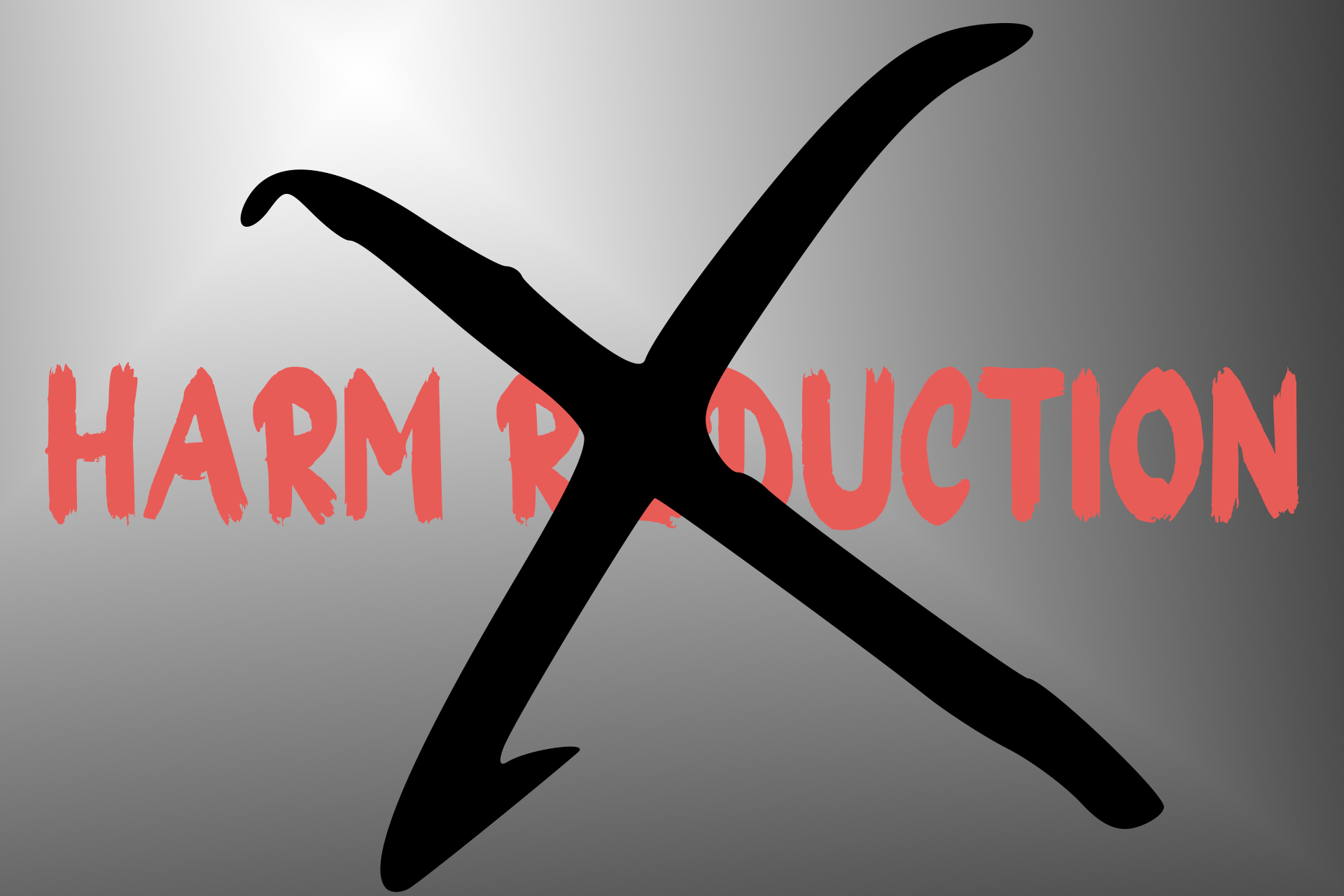
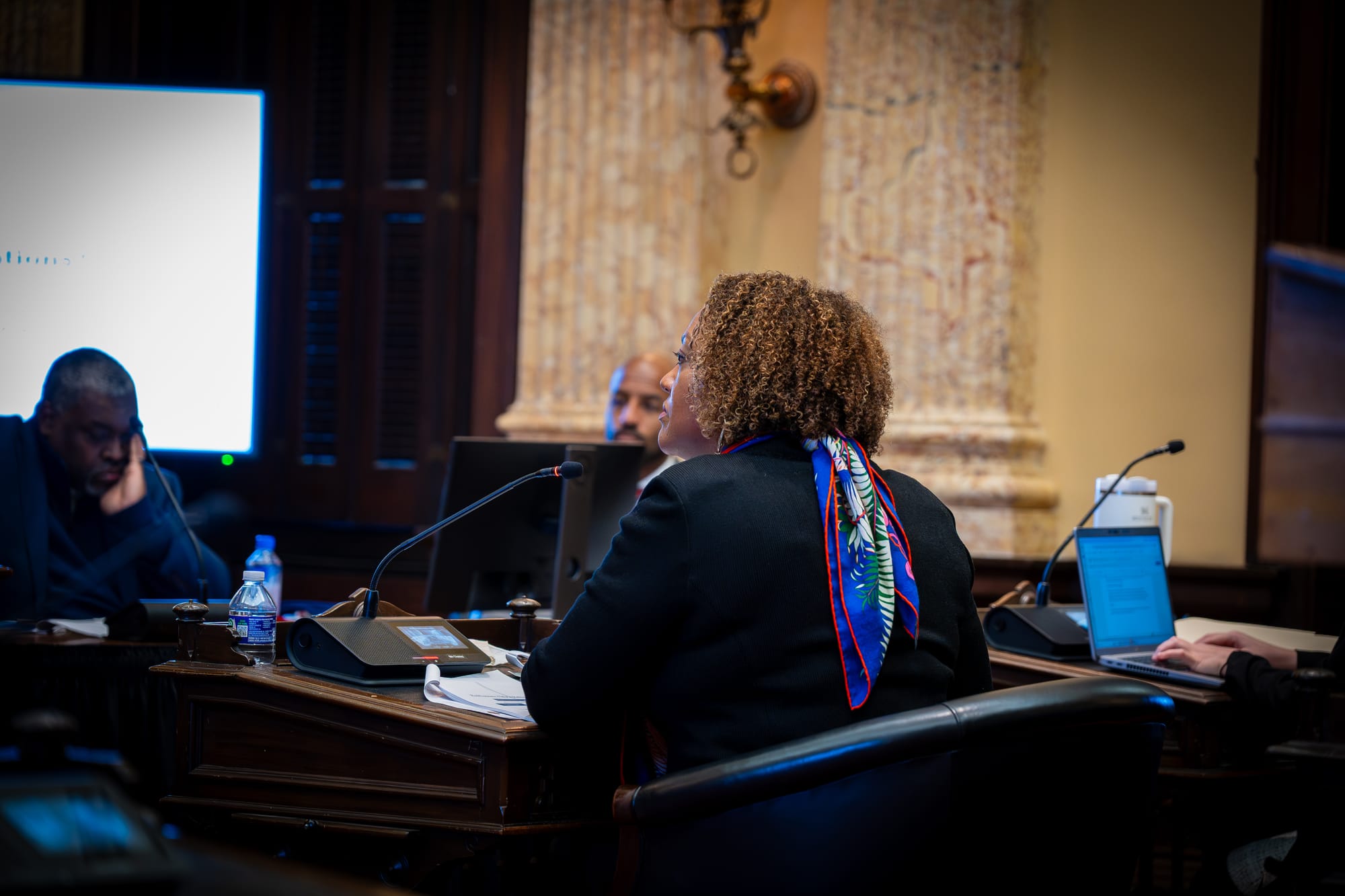
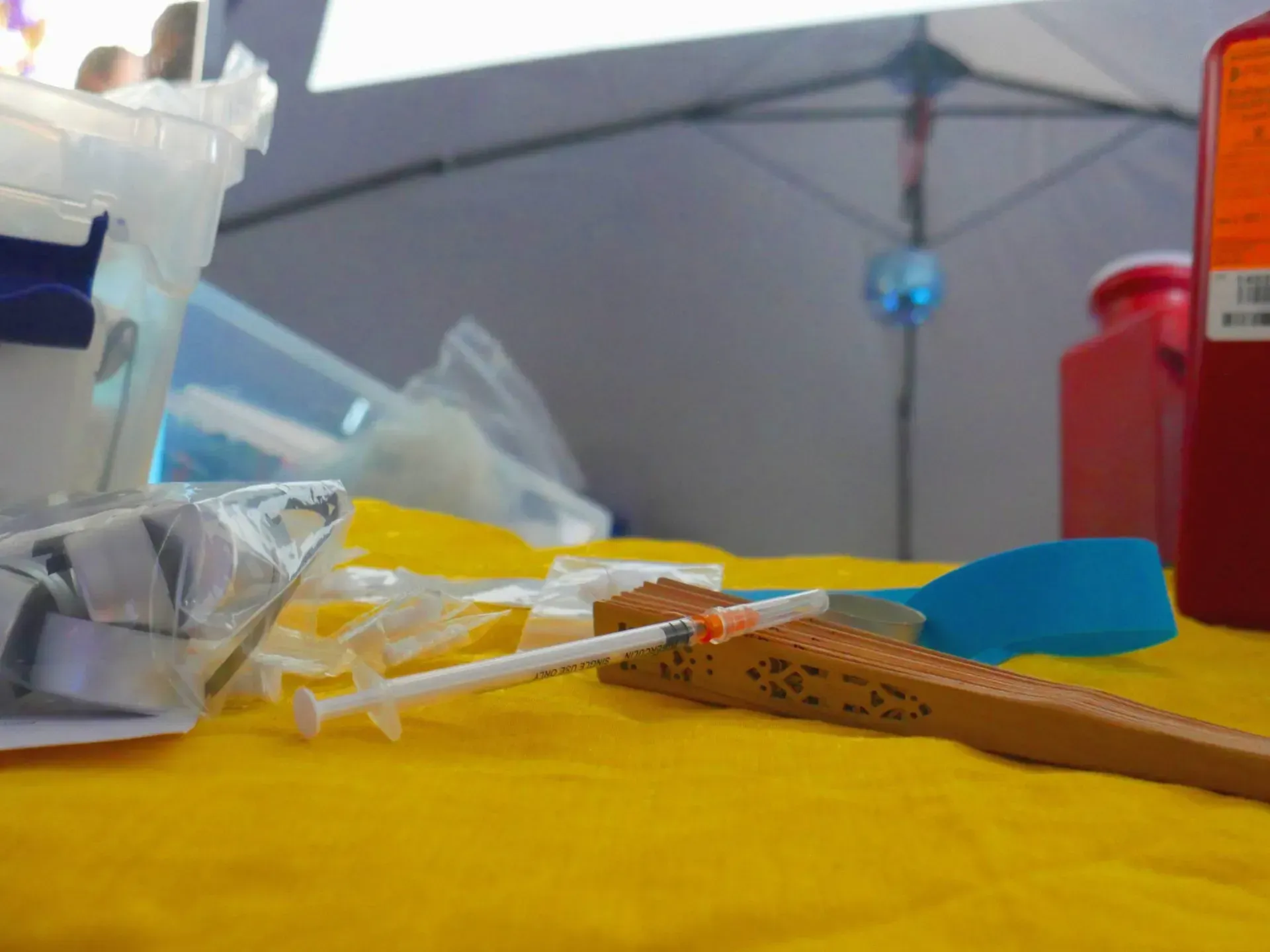
Comments